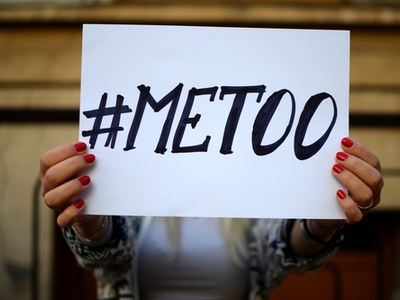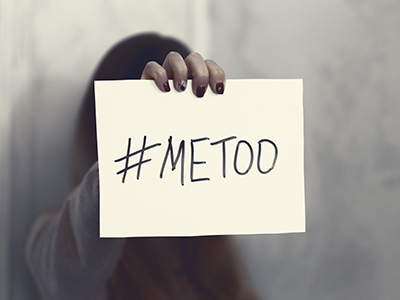Introduction
Since Anita Hill’s testimony in the early 1990s, sexual harassment has become a familiar term. At the federal level, Title VII prohibits harassment, discrimination, and retaliation on the basis of sex and gender, among other things. On the state level, the New York State Human Rights Law (“NYSHRL”) expands on the categories of protected classes covered by Title VII but is interpreted by the courts in largely the same manner as Title VII. Under California’s Fair Employment and Housing Act (“FEHA”), harassment is defined to include verbal harassment (such as derogatory comments), physical harassment (including physical interference with movement), visual harassment (such as derogatory cartoon or drawings), and sexual favors. FEHA prohibits sexual harassment because of a person’s sex, gender, gender identity, gender expression, sexual orientation, transgender status, pregnancy, and childbirth, breastfeeding, and related medical conditions. Harassment based on the perception of any of these characteristics is also prohibited, and sexually harassing conduct need not be motivated by sexual desire to be considered unlawful. READ MORE →







